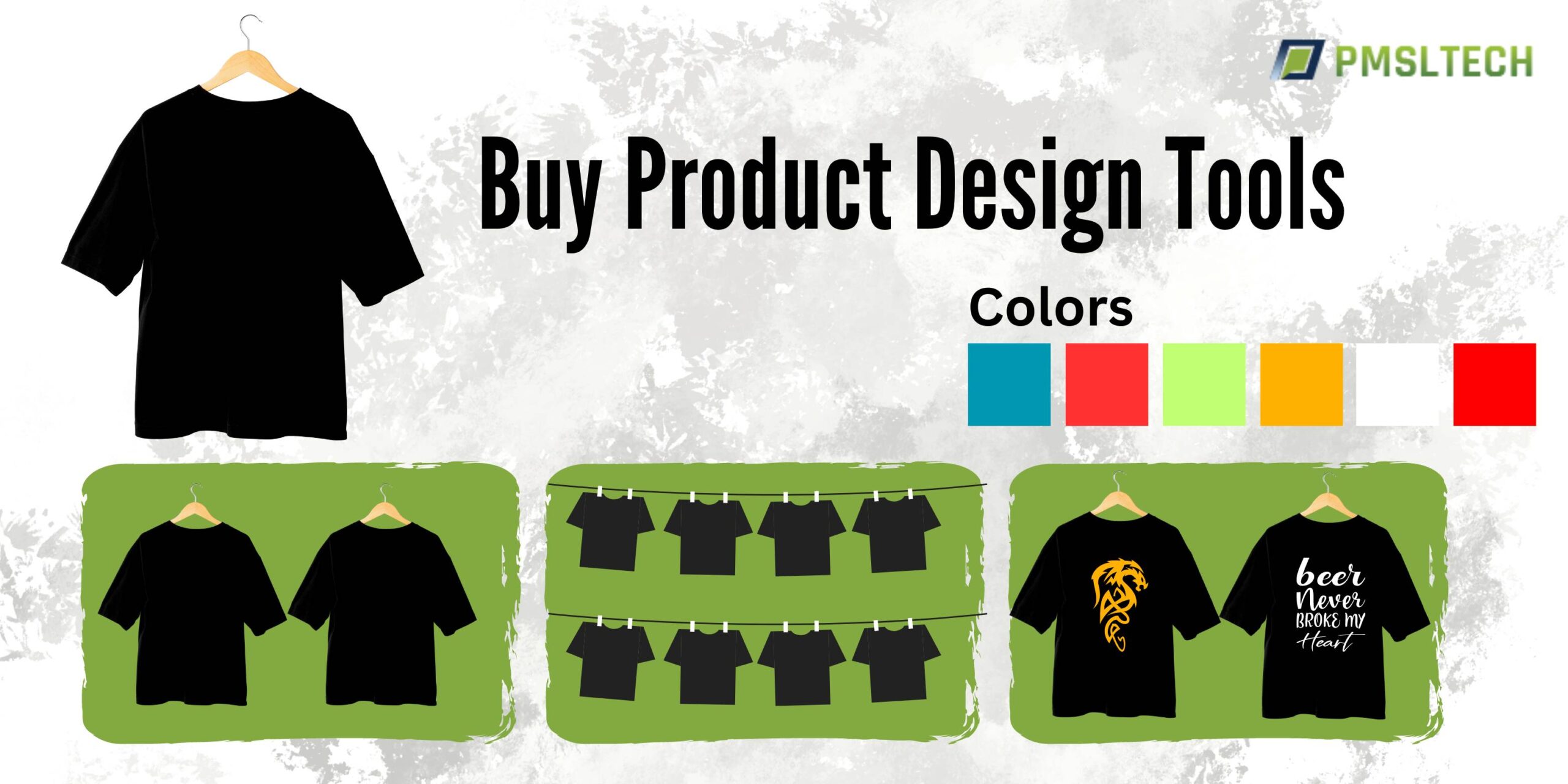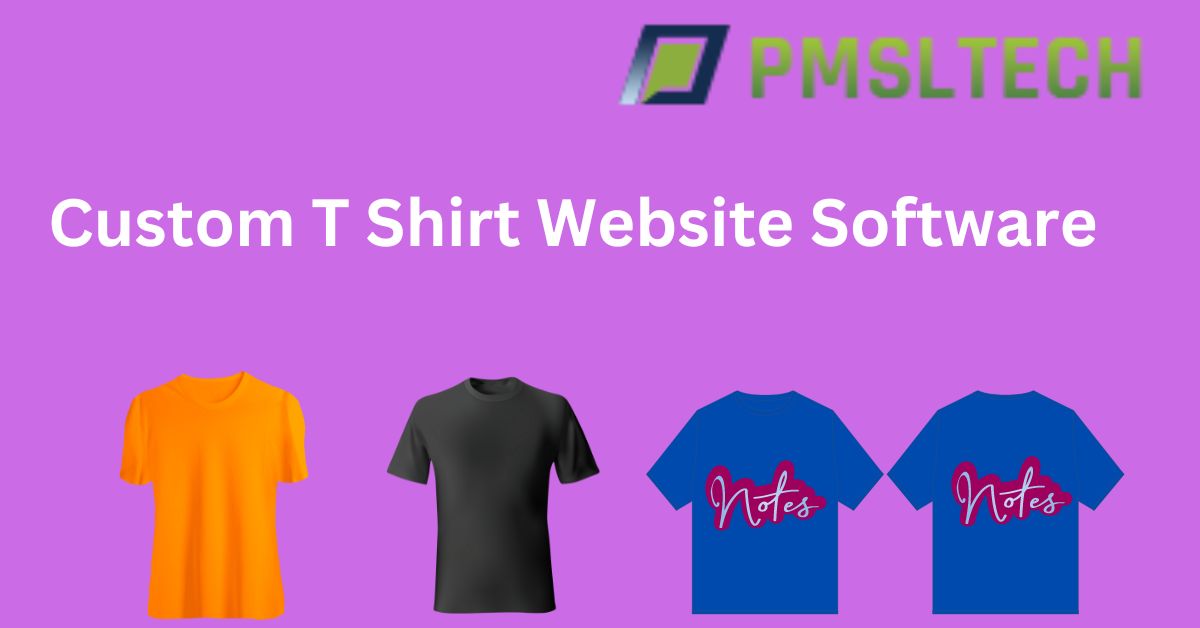
As collection of template files, WordPress themes make it easier for developers to create graphical user interfaces for websites without writing longer lines of code. Each developer also has option to choose from a large collection of free and paid WordPress themes according to the precise needs of individual websites. But many developers prefer creating custom themes to make the web applications looks different and deliver richer user experience.
As code libraries, WordPress theme frameworks make it easier for developers to create custom themes. The features and functions provided by these frameworks make it easier for theme developers to avoid writing additional code. Also, the developers can follow a set of standards for theme to build WordPress themes according to prevailing industry standards. At the same time, the developers can also curtail theme development cost significantly by using a number of open source WordPress theme frameworks.
Understanding Various Aspects of WordPress Theme Frameworks
Parent Theme Template
The developers can use WordPress theme frameworks as parent theme templates. The frameworks contain the required functionality and packages into a single folder. The developers can load the framework simply by dropping the framework folder into the new parent theme. Also, they can add custom styling by creating child themes based on the parent theme. The framework allows programmers to store customizations in the child theme, while hosting all functions in a centralized location. The separation makes it easier for developers to make changes to the theme without modifying the child template.
Core Functionality
As noted earlier, the developers have option to choose from a wide range of free and paid WordPress theme frameworks. The features and functionality provided by individual frameworks differ. But each framework accelerates custom WordPress theme development by providing pre-defined code like custom functions, custom action hooks and custom filter hooks. The custom functions can be used in themes, custom actions hooks are used in theme template, and custom filter hooks are used for generating theme content. At the same time, the theme frameworks also include custom callbacks for core WordPress action and filter hooks, script library integration, and theme options page integration.
Advantages
The widgets, functions, and pre-defined code provided by WordPress theme frameworks enable developers to develop custom themes according to varying requirements. Also, the frameworks make it easier for programmers to enhance code quality and create themes according to latest industry standards. The developers can even use the frameworks to modify or upgrade the custom themes without altering the styling functionality of the child themes. Most popular theme frameworks are supported by large communities. The community will help developers to resolve new issues and problems efficiently. Hence, the developers can use WordPress theme frameworks to create, maintain, and upgrade custom themes without putting extra time and effort.
Disadvantages
Each WordPress theme framework comes with loads of functionalities. Also, the features provided by individual frameworks differ. Hence, the developers must choose the right framework based on the functionalities required by each project. Also, they need to invest both time and efforts initially to learn the hooks and filters of individual frameworks. They even need to ensure that the core files remain unaltered while customizing the themes. Many developers opt for free frameworks to curtail custom WordPress theme development cost significantly. But the free frameworks often lack some of the robust features provided by paid frameworks.
Popular WordPress Theme Frameworks
Each developer has option to choose from a wide range of WordPress theme frameworks according to his precise needs and objective. Some of these themes are open source and free, whereas others are licensed and paid. Also, the popularity of individual frameworks differs. The developer can always consider using one of the widely used WordPress theme frameworks like Cherry Framework, Hybrid Core, Runway, Gantry, Genesis, Divi, Headway and Themify. Each framework comes with an array of features to accelerate custom WordPress theme development. But the paid frameworks come with robust features like sliders, search engine optimization (SEO) widgets and drag-and-drop functionality.
On the whole, the developers can use WordPress theme frameworks to accelerate custom WordPress theme development. They also have option to choose from a wide range of WordPress theme frameworks. But the features provided by individual frameworks vary. Likewise, the learning curve of individual theme frameworks also differs. Hence, the developers must evaluate various WordPress theme frameworks according to precise needs and objectives of each project.
custom WordPress theme developmentWordPress developmentWordPress theme developmentWordPress Theme Frameworks









Leave a Reply